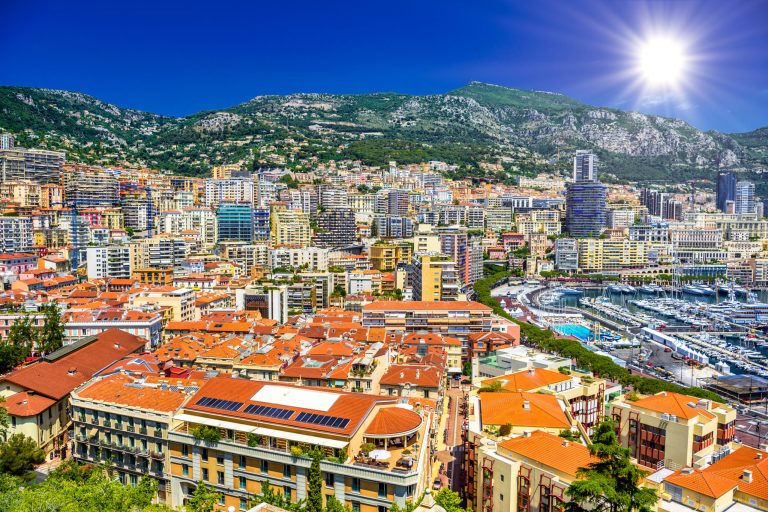Monaco, one of the smallest countries in the world with a population of just 38,367 is seeing an uptick in housing demand driven by the need of high net worth individuals to relocate to safe havens with low-tax jurisdictions.
Covering an area just over half the size of Central Park, this Mediterranean haven has become synonymous with luxury living, tax advantages, and stability, a report by global property consultancy Knight Frank, says.
James Davies, who oversees Knight Frank’s Monaco Desk, says:
“We are seeing a significant increase in enquiries from buyers considering relocating to Monaco.”
The growth in demand has driven up prices with property values growing by 38% over the last decade.
France, followed by Italy and UK were the top three foreign buyer nationalities in Monaco in Q2 of 2024, Knight Frank revealed.
Why is Monaco in demand?
Monaco’s enduring appeal lies in its unique combination of safety, privacy, and favorable tax policies.
A recent Knight Frank survey of high-net-worth individuals revealed that security and privacy were the top reasons for choosing Monaco, followed by tax benefits and employment opportunities.
Geopolitical tensions and shifting tax policies in Europe—such as the UK’s scrapping of rules related to non-domiciled residents—have placed Monaco in the spotlight as a safe and stable jurisdiction for wealthy individuals.
Monaco’s favorable tax system, including no income tax for residents, has attracted global elites, especially those facing uncertainty in other parts of Europe.
For many, Monaco offers a refuge from increasing tax burdens and regulatory unpredictability in other regions.
Source: Knight Frank
New housing projects mostly sold out
Monaco’s limited space has long been a challenge for housing, with just 21,123 dwellings, 81% of which are privately owned.
To meet the growing demand, two major developments are slated for completion this year: Bay House and Mareterra.
Despite high price tags and limited availability, these projects are mostly sold out.
Bay House, developed by Groupe Marzocco, consists of two 25-story towers that will add 56 luxury apartments and five rooftop villas.
Part of the larger Testimonio II project, it also includes facilities like a nursery and the International School of Monaco.
Meanwhile, Mareterra, a €2 billion land reclamation project, is set to expand Monaco’s land area by 3%.
Featuring 110 apartments and 10 waterfront villas, Mareterra offers an upscale residential experience with amenities like a marina, a waterside promenade, and a retail plaza.
Notably, many of the units have sold for over €100,000 per square meter, underscoring the high demand for prime real estate in Monaco.
Monaco’s small size a key challenge
Despite its undeniable appeal, Monaco’s small size continues to present challenges, especially in housing availability.
The local Monegasque population, which makes up about a third of the residents, is also facing housing pressures.
To address this, Prince Albert II launched a 15-year housing plan in 2019 to increase the number of state-owned apartments by 43%, targeting a total of 4,548 units.
Source: Knight Frank
Although the overall market saw a 10% year-on-year decline in 2023, driven by lower sales of smaller apartments due to residency rule changes, demand for larger homes remains strong.
According to Monaco’s Statistics Agency, over 60% of new-build sales last year were apartments with three or more bedrooms, reflecting the growing preference for more spacious units.
With new developments like Bay House and Mareterra on the horizon, the supply of luxury housing is set to rise, offering some relief to the tight market.
As the ultra-wealthy continue to flock to Monaco, the principality is expected to remain a prime destination for luxury real estate in the coming years.
The post Small size, big appeal: why the ultra rich want to buy a house in Monaco? appeared first on Invezz

